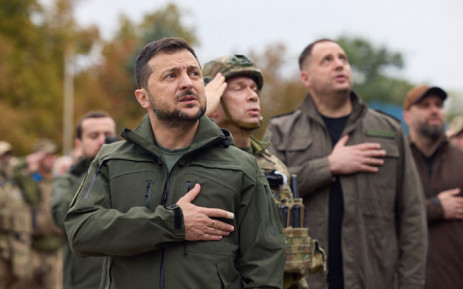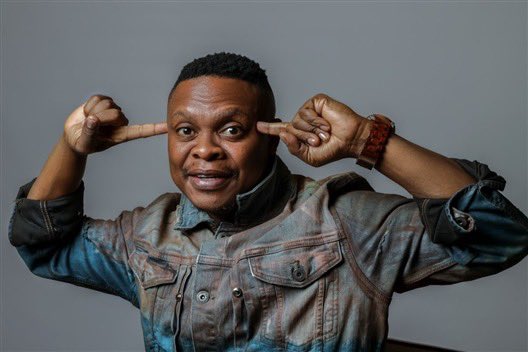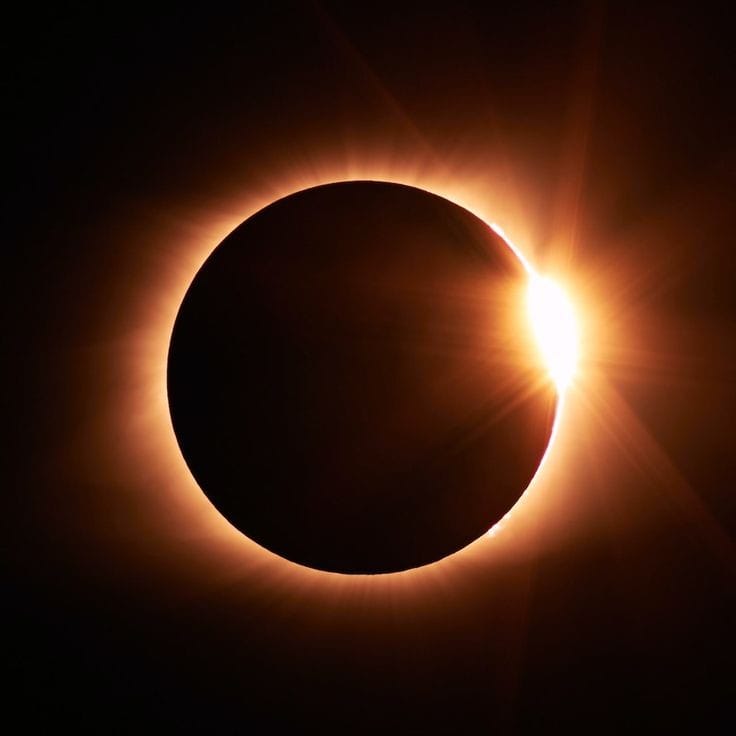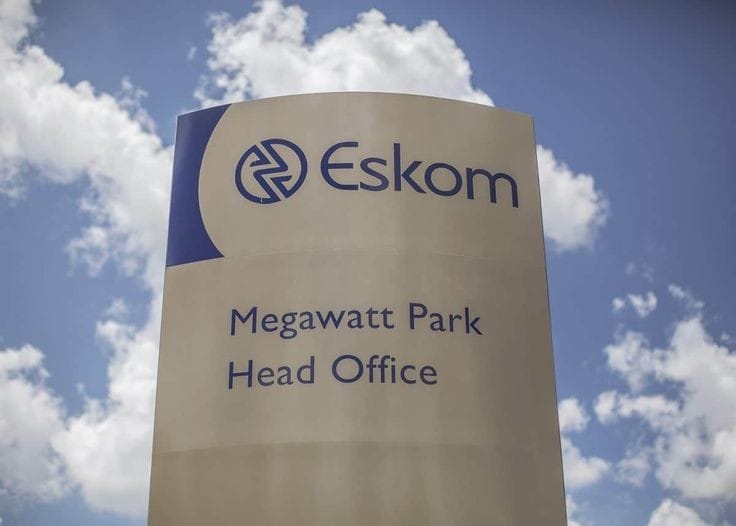President Volodymyr Zelensky of Ukraine achieved a significant diplomatic victory during his visit to Hiroshima, where he met with leaders from the G7 nations. The talks resulted in increased arms and munitions support, as well as unwavering diplomatic backing for Ukraine’s ongoing conflict with Russia. While President Zelensky’s negotiations demonstrated progress on the international stage, challenges persisted on the ground, as Russia claimed victory in a key eastern city. This article delves into the outcomes of President Zelensky’s diplomatic efforts, the complexities faced in the battle for Bakhmut, and the broader implications for Ukraine’s ongoing crisis.
During the G7 meetings in Hiroshima, President Zelensky successfully garnered commitments from allies, particularly the United States, to provide additional military support to Ukraine. US President Joe Biden pledged to supply ammunition, artillery, armored vehicles, and access to F-16 jets, further strengthening Ukraine’s defensive capabilities. The aid package from the United States, valued at $375 million, included ammunition for HIMAR rocket launchers, artillery shells, anti-tank guided missiles, and thermal imaging systems. This tangible support from the G7 allies was a diplomatic coup for President Zelensky, elevating Ukraine and Russia’s invasion to the top of the international agenda.
While President Zelensky secured support from his allies, the situation on the ground remained challenging. The city of Bakhmut, a former salt-mining town with a population of 70,000, had been a focal point of Ukrainian resistance against Russian forces for several months. However, President Zelensky conceded that Russian control over the city was now a reality. When asked about the fate of Bakhmut, he expressed a somber tone, emphasizing that “there is nothing” left in the city. The battle for Bakhmut had forced Russia to deploy significant numbers of troops, indicating the strategic significance of the town in the conflict.
Russian President Vladimir Putin further reinforced Russia’s claim of victory in Bakhmut by congratulating mercenaries from the Wagner organization and regular units for their role in the operation to “liberate” the city. The loss of Bakhmut underscored the urgency for President Zelensky to secure international support and find a resolution to the ongoing crisis. In this context, the invitation extended to President Zelensky to visit Hiroshima carried symbolic importance, representing the solidarity of the G7 with Ukraine. Japanese Prime Minister Fumio Kishida acknowledged the meaningful gesture, emphasizing the unwavering support shown by the G7.
In addition to the backing of traditional allies, President Zelensky had the opportunity to engage with non-G7 nations, including India, Brazil, Vietnam, and Indonesia. While some countries had shown limited condemnation of Russia’s invasion, Indian Prime Minister Narendra Modi expressed empathy for the pain endured by Ukraine and its citizens. He assured President Zelensky of India’s commitment to contribute to the restoration of a rules-based international order. Such interactions provided President Zelensky with a platform to advocate for his 10-point peace plan, which centered on the demand for Russia’s withdrawal from Ukrainian territory.
German Chancellor Olaf Scholz reinforced the unified message of Ukraine and its allies, stating that “Russia must withdraw troops.” He emphasized that any peace plan should not merely freeze the conflict but strive for the complete de-escalation and resolution of the crisis. It was crucial to prevent Russia from banking on a prolonged conflict to weaken support for Ukraine. President Zelensky’s physical presence at the G7 summit, instead of attending remotely, came on the heels of a breakthrough in securing advanced weaponry from the West. The decision to supply F-16 fighter jets, previously met with reluctance, marked a significant shift in the US strategy to support Ukraine and avoid further escalation.
President Zelensky’s diplomatic endeavors at the G7 summit in Hiroshima provided Ukraine with increased military support and diplomatic solidarity from its allies. While successes were achieved in the negotiating rooms, the battle for Bakhmut and Russia’s claims of victory underscored the complex and challenging nature of the ongoing conflict. President Zelensky’s visit to Hiroshima served as a symbol of the international community’s commitment to supporting Ukraine during these tumultuous times. Moving forward, Ukraine’s focus will remain on finding a resolution to the crisis, urging Russia to withdraw its troops and restore peace in the region.









